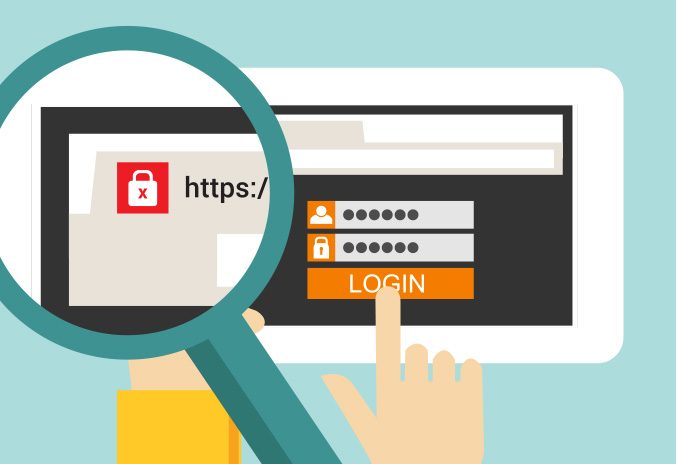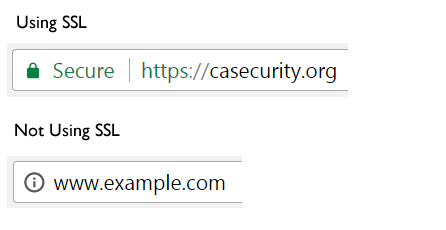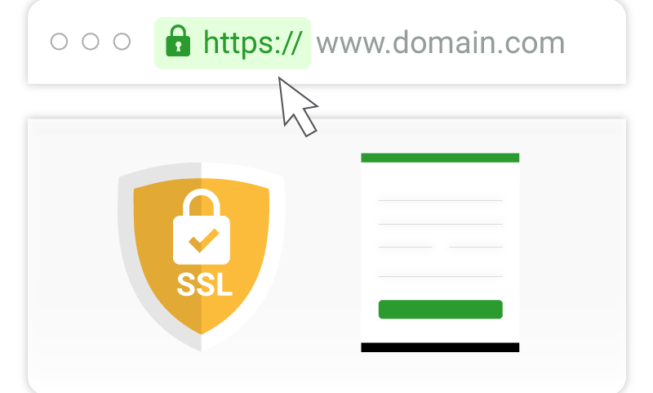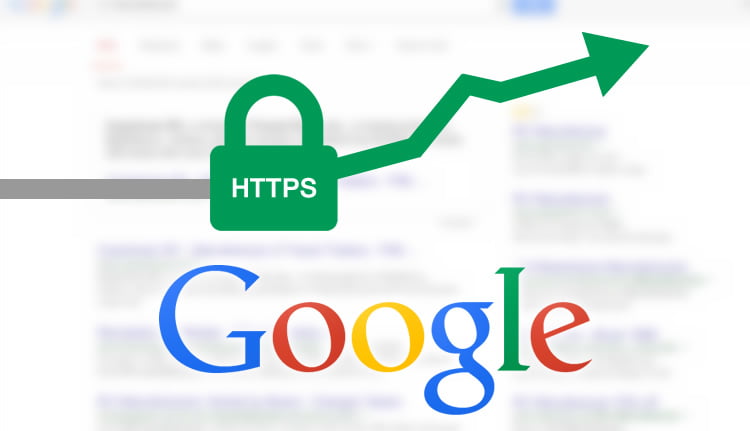What is SSL and Let’s Encrypt SSL?
One of the most important components of online business is creating a trusted environment where potential customers feel confident in making purchases. SSL stands for Secure Sockets Layer and is the standard security technology for establishing an encrypted link between a web server and a browser. This link ensures that all data passed between the web server and browsers remain private.
SSL allows sensitive information such as credit card numbers, social security numbers, and login credentials to be transmitted securely.

How Do I Know a Website is Secure with SSL?
A website is secured with SSL when a padlock is displayed or the address bar shows the URL as HTTPS instead of HTTP.
Here is an example of a website secured with SSL VS a website that is insecure.

HTTPS (Hyper Text Transfer Protocol Secure) appears in the URL when a website is secured by an SSL certificate.
Why SSL Certificate is so important?
SSL Encrypts Sensitive Information

When an SSL certificate is used, the information becomes unreadable to everyone except for the server you are sending the information to. This protects it from hackers and identity thieves.
SSL Provides Trust

Your website will be displayed with a security padlock in the address bar of the browser. This will indicate that the connection is secure and will show your website’s visitors that you take their privacy seriously. If your website doesn’t have a certificate, some browsers may label it as “unsafe”
SEO advantages

Google gives websites with SSL certificate a slight rankings boost. SSL will give you an advantage over your competitors who don’t have certificates yet.
How to obtain an SSL Certificate?
All CloudyHost Web Hosting packages come with an SSL certificate included.
What is Let’s Encrypt?
Let’s Encrypt provide two types of certificates. The standard single-domain SSL and the Wildcard SSL, which cover not only a single domain, but all of its subdomains too. Both types of SSL certificates are issued for a period of 90 days, and on CloudyHost servers when installed via our tools they have renewed automatically.